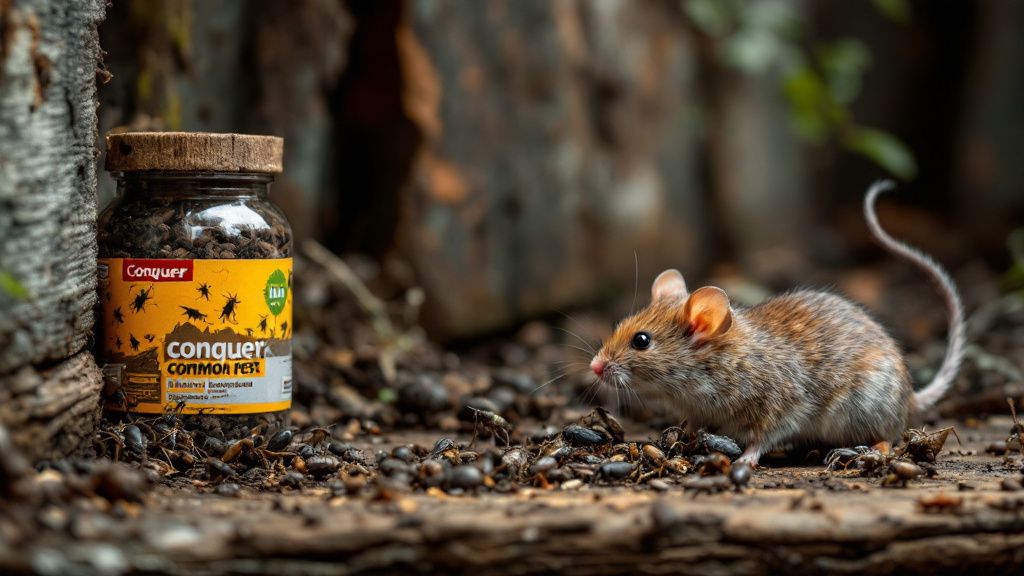Combatting the persistent nuisance of common Oregon household pests requires an understanding of their seasonal patterns and behaviors. Residential pest control in Oregon is vital to maintaining a pest-free environment in your home year-round. In spring, you might notice increased activity from ants and stinging insects, as they thrive in warmer temperatures and begin searching for new colonies. As summer approaches, Oregon seasonal pest control becomes crucial to tackle mosquitoes and ticks. By employing eco-friendly pest control solutions and integrating sustainable strategies, you can efficiently manage these trespassers. For effective results, consider Oregon pest control services, which offer localized and comprehensive plans tailored to address the unique pest challenges that arise with each change of season.
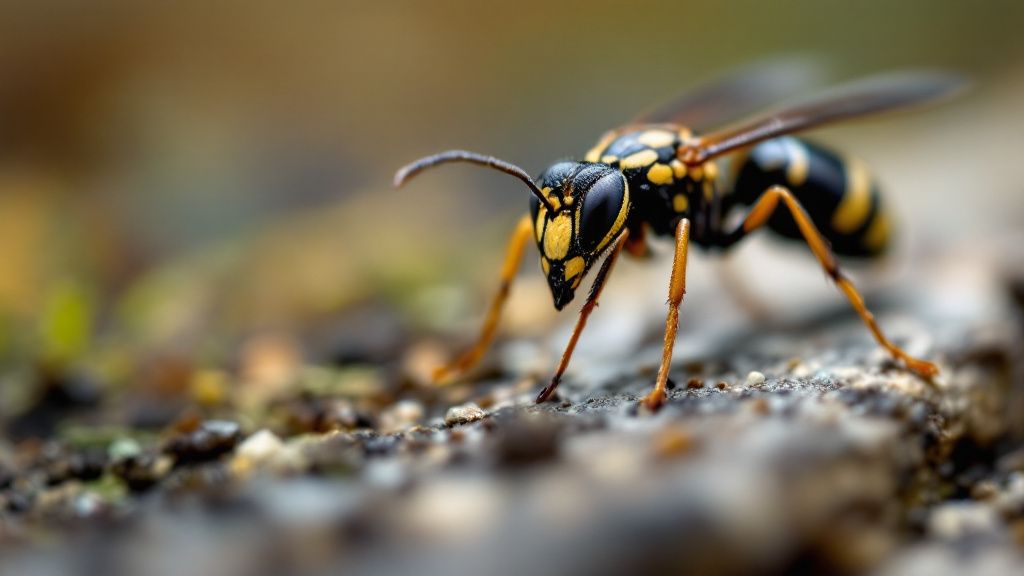
Springtime Pest Emergence
What changes occur in your environment during spring that herald the emergence of pests you need to be vigilant about? As temperatures rise and flowers bloom, you begin to notice the return of several common Oregon household pests. Ants become particularly active during this season, invading homes in search of food and water. The presence of carpenter ants can be damaging, as they excavate wood to build their nests, posing a threat to your home’s integrity.
You may also encounter swarms of termites appearing during spring. These silent destroyers can cause significant structural damage if left unchecked. Implementing Oregon home pest prevention strategies, such as addressing moisture problems and storing wood away from your house, can help deter these pests. A thorough home pest inspection might be necessary to identify vulnerabilities and take prompt action.
Spiders, awakened by the warmer weather, begin intruding into homes, especially in basements and attics. Their webs can be unsightly, and though most are harmless, species like the hobo spider can carry venomous bites. Oregon seasonal pest control can offer targeted measures to manage spider populations effectively. Utilizing eco-friendly pest control solutions minimizes the impact on your living environment while addressing these intruders.
Spring is also the season for stinging insects like bees and wasps as they establish their nests. While bees are beneficial for pollination, wasps can become aggressive and pose a threat, especially if disturbed. Understanding when to expect Oregon pests like these allows you to plan preventive measures. Residential pest control in Oregon during this period can protect your home and family from painful encounters.
Engaging with Oregon pest control services can be beneficial in managing the spring pest upsurge. By hiring professional pest control in Oregon, you ensure comprehensive strategies are employed to safeguard your home against these seasonal pest threats. An integrated pest management approach can provide tailored pest control solutions, keeping your home safe year-round.
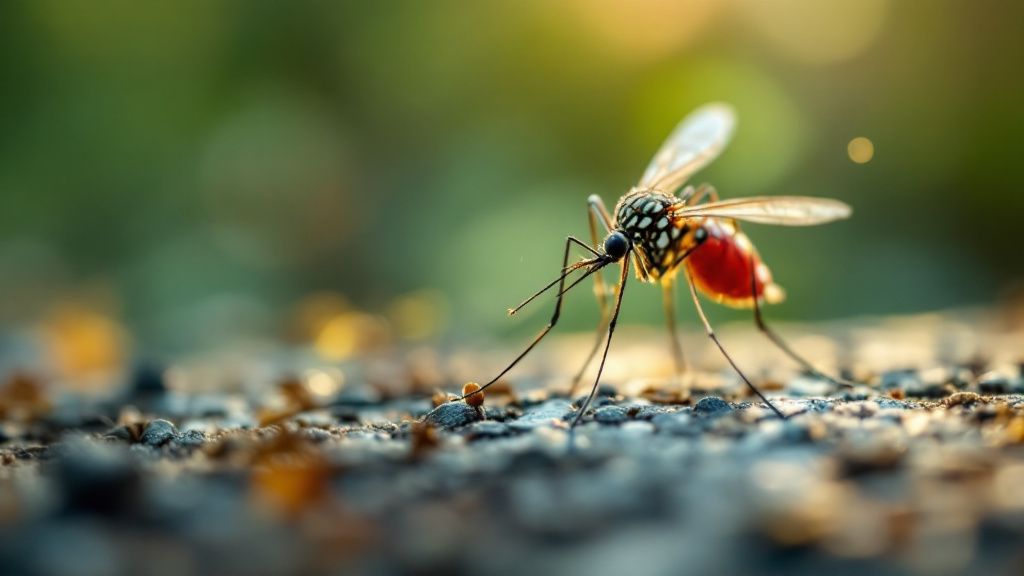
Summer Pest Challenges
Summer brings a host of pest challenges to your Oregon home, with hotter temperatures creating ideal conditions for different invaders. Mosquitoes thrive in this season, posing risks of transmitting diseases like West Nile Virus. To mitigate their presence, eliminate stagnant water sources near your home. Incorporating residential pest control in Oregon into your routine can help keep your living space mosquito-free and ensure peace of mind for your family.
Another summer menace comes from ticks. They are often found in tall grass and wooded areas, making outdoor activities risky. You can counter this threat by keeping your lawn trimmed and applying appropriate tick repellents. Pest control solutions in Oregon can include a comprehensive strategy to reduce tick populations around your home, making use of safe biological pest control methods to avoid chemical exposure.
Ants and wasps also remain active, with wasp nests commonly found in secluded areas around your house. Conducting a regular home pest inspection can help catch infestations early. To better manage these seasonal pests, consider hiring professional pest control in Oregon. They possess the expertise to implement sustainable pest control strategies that protect your household without harming the environment.
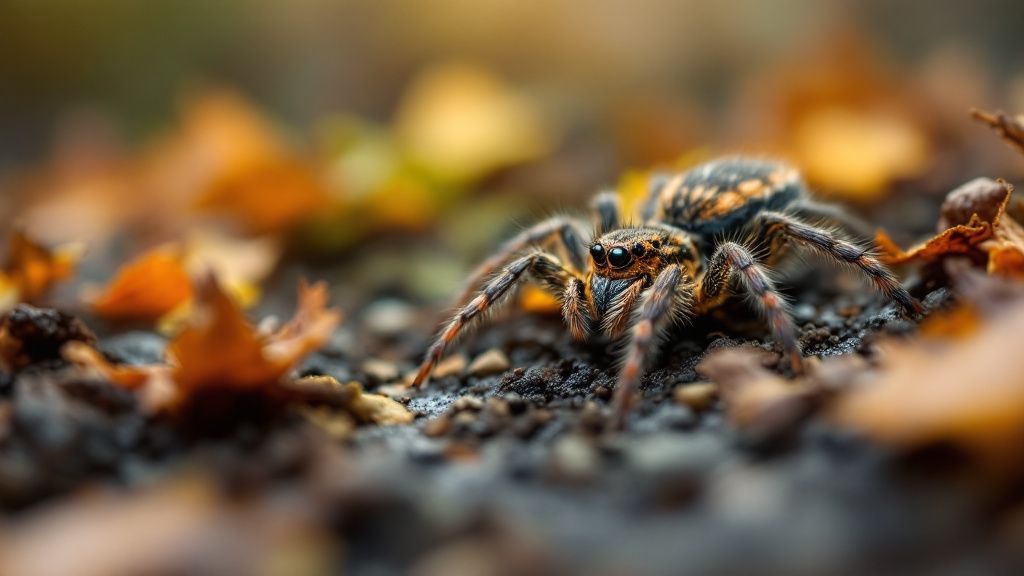
Fall Pest Invasions
As temperatures begin to cool, you may notice an increase in pest activity inside your Oregon home, as critters seek warmth. Mice and rats are particularly notorious for entering homes during the fall, making attic and basement inspections a priority. Investing in Oregon pest management ensures your home remains fortified against these intruders, using integrated pest management strategies that focus on prevention and humane removal.
The presence of stink bugs becomes more apparent as they look to overwinter in your home. On one hand, some see these insects as harmless annoyances, frequently dismissing the need for intervention. However, others argue that hiring Oregon pest control services provides effective measures to prevent infestations that could develop if these bugs find ideal conditions to thrive through winter.
Spiders, too, become more noticeable during fall, retreating indoors to escape the dropping temperatures. While most are harmless, maintaining a pest-free environment contributes to Oregon home pest prevention. Taking the time to seal cracks and crevices is a simple DIY pest control Oregon solution that reduces entry points, keeping your home insect-free. Regular consultations with residential exterminators in Oregon can offer guidance on maintaining a pest-free habitat through the changing seasons.
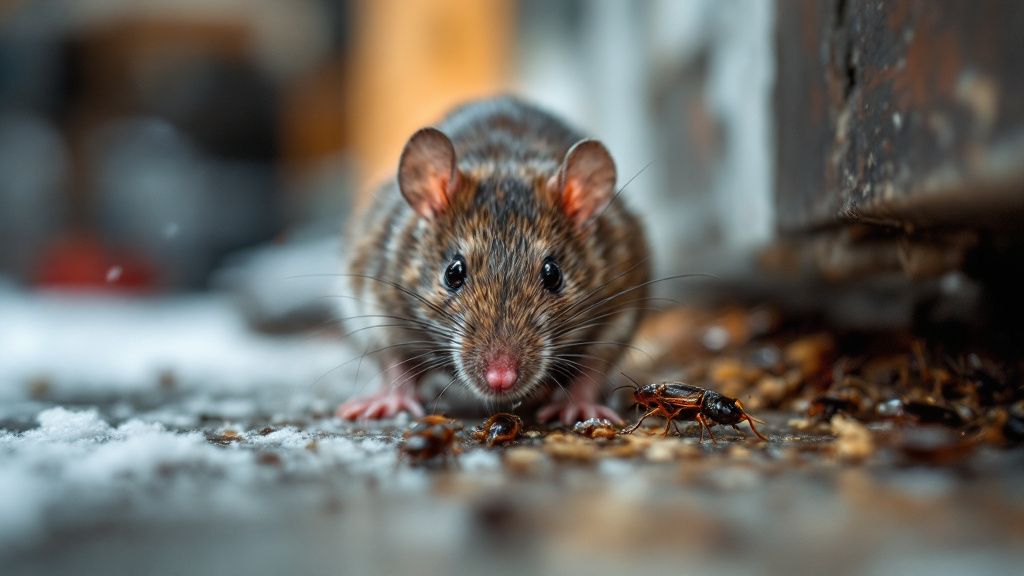
Winter Pest Problems
Winter can bring its own set of pest challenges, particularly as rodents seek warmth and food sources within your Oregon residence. Mice and rats can become significant nuisances, nesting in attic spaces and causing potential damage. Ensuring Oregon pest control solutions are in place can protect your home from these unwanted invaders. Elimination of food and water sources and sealing entry points are effective pest control tips Oregon experts frequently recommend to manage these winter visitors.
Insights from pest control specialist Dr. Jane Collins suggest that maintaining a proactive pest control schedule is crucial during winter months as many pests remain covertly active. Dr. Collins emphasizes the importance of consistent monitoring and localized treatment plans to handle unexpected pests in Oregon effectively. By incorporating eco-friendly pest control Oregon strategies, you not only protect your household but also preserve the environmental balance during these colder months, adhering to sustainable pest control practices throughout the year.
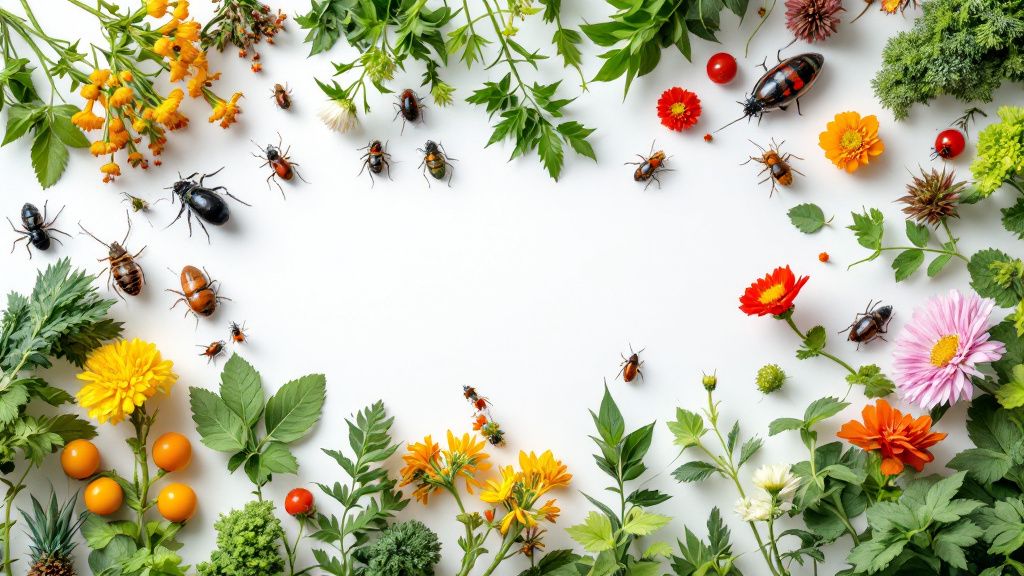
Gardening and Pest Control
Integrating gardening with pest control in Oregon provides a harmonious way to manage pests while cultivating healthy plants. Pests like aphids and caterpillars are common Oregon household pests that target garden plants. Oregon home pest prevention strategies often involve using natural predators, such as ladybugs, to control these unwanted pests. These eco-friendly pest control Oregon methods create a balanced garden ecosystem without relying on harsh chemicals.
The current state of gardening and pest control shows a growing trend toward sustainable practices, as more people embrace organic and biological options. These approaches reduce chemical usage, protect pollinators, and improve soil health. For those keen on DIY pest control Oregon, natural solutions like neem oil and diatomaceous earth are gaining popularity. This shift is driven by increased awareness of environmental impacts, encouraging a more conscientious approach to pest management.
For comprehensive pest control Oregon guides, consider consulting local resources that address specific regional challenges. Professional pest control Oregon companies can offer advice tailored to your property’s needs, emphasizing integrated pest management techniques. This ensures that you are prepared for seasonal pest threats Oregon might face, while enhancing your garden’s vitality and sustainability. The integration of gardening with pest control proves crucial for a flourishing and pest-resistant environment.

Protecting Crops from Pests
Protecting your crops from pests is essential for maintaining a healthy garden environment in Oregon. Common challenges include aphids, caterpillars, and other insects that target plant leaves and stems. Using integrated pest management Oregon strategies optimizes your efforts by combining biological pest control methods, such as introducing beneficial insects, with eco-friendly pest control Oregon products. These techniques ensure that your crops thrive without the excessive application of harmful chemicals.
For example, the use of biological pest control Oregon techniques, like releasing predatory nematodes into the soil, can effectively combat root-eating insects. This method targets pests without disrupting the surrounding ecosystem, offering a sustainable pest control solution. By implementing these practices, you create a balance where beneficial organisms control pest populations naturally, supporting a thriving agricultural environment.
Understanding when to expect Oregon pests plays a crucial role in planning your pest control schedule. Monitoring seasonal pests Oregon helps you implement timely pest control tips Oregon experts recommend, such as timely planting and crop rotation. These tactics disrupt pest life cycles and reduce infestations, allowing you to maintain control over your garden and enhance crop yields.
Collaborating with local pest control companies can provide additional support through personalized guidance and the use of advanced pest control services. These professionals offer effective pest control Oregon solutions and specialized knowledge to manage specific pest threats your crops may encounter. Seeking assistance from residential exterminators Oregon ensures a comprehensive approach to protecting your crops from potential damage throughout the year.
Taking proactive measures in residential pest control Oregon greatly contributes to successful crop protection. By understanding the local pest dynamics and implementing adaptable solutions, you can safeguard your gardening efforts, ensuring that your crops flourish in a pest-free environment. Investing in sustainable practices and professional guidance not only resolves current issues but also builds resilience against future pest invasions.

